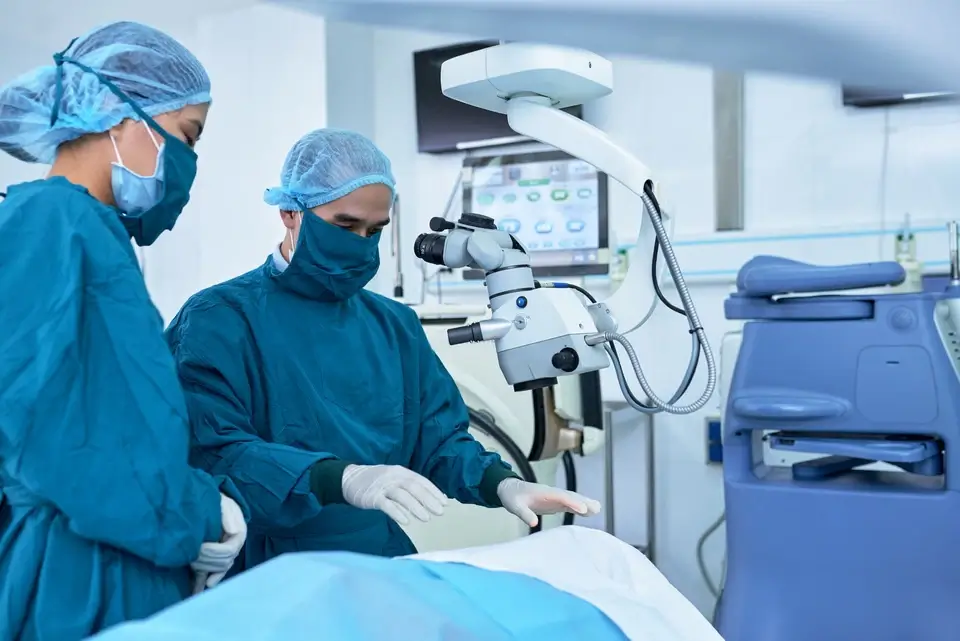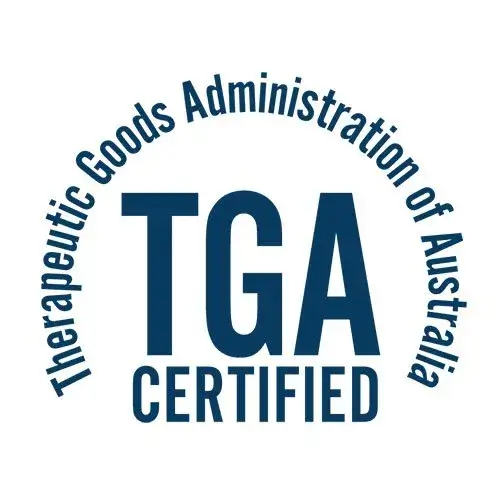Carpal Tunnel Syndrome (CTS) is a common condition that can cause pain, numbness, and tingling in the hand and arm. It occurs when the median nerve, which runs from the forearm into the palm of the hand, becomes pressed or squeezed at the wrist. This nerve controls sensation to the palm side of the thumb and fingers, and impulses to some small muscles in the hand that allow the fingers and thumb to move.
In the context of endoscope cleaning, the traditional syringe method can contribute to the development of CTS. This method requires repetitive hand movements and the application of force when pushing and pulling the syringe plunger. Over time, this repetitive strain can lead to inflammation and swelling of the tissues within the carpal tunnel, compressing the median nerve.
Symptoms of CTS can include burning, tingling, or itching numbness in the palm of the hand and the fingers, especially the thumb and the index and middle fingers. Some people with CTS say their fingers feel useless and swollen, even though little or no swelling is apparent. The symptoms often first appear in one or both hands during the night, since many people sleep with flexed wrists.
In severe cases, untreated CTS can lead to permanent nerve damage, with constant numbness in the fingers and weakness in the hand. This can significantly affect a nurse’s ability to perform their duties effectively and safely, impacting patient care.
The PSK system, with its automated cleaning process, significantly reduces the repetitive manual actions required in the traditional syringe method, thus helping to mitigate the risk of developing CTS among healthcare workers involved in endoscope cleaning.
















